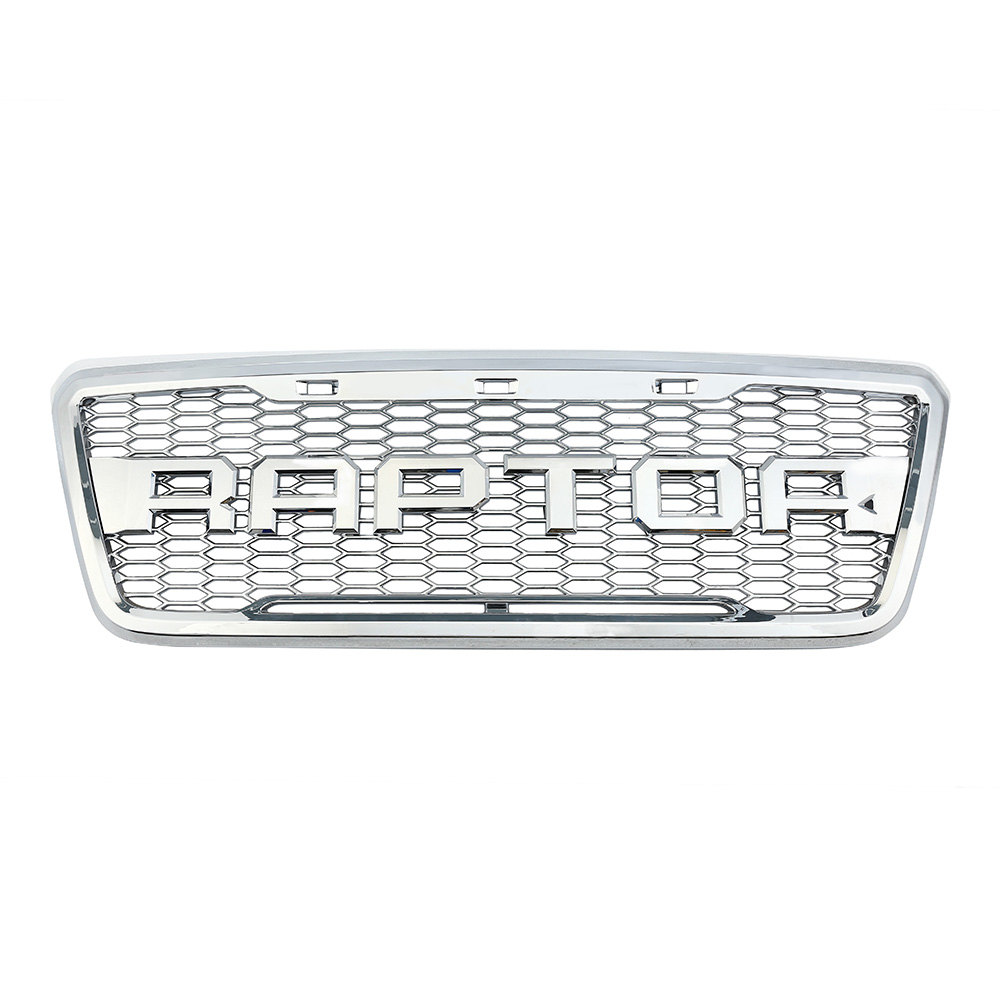
ABS plastic has become a popular material for automotive grills due to its combination of strength, flexibility, and lightweight properties. For manufacturers and vehicle owners, understanding whether ABS plastic grills can withstand heat and weather conditions is crucial for ensuring long-term performance. An ABS Plastic Automotive Grill Factory often designs and tests grills to meet automotive standards, addressing durability concerns in various environmental conditions.
Heat Resistance of ABS Plastic
ABS plastic offers moderate heat resistance, making it suitable for areas near vehicle engines. Typically, ABS can withstand temperatures up to 80–100°C without significant deformation. In an ABS Plastic Automotive Grill Factory, manufacturers perform heat aging tests to ensure the material maintains its shape, strength, and finish when exposed to elevated temperatures over time. These tests simulate real-world scenarios, such as prolonged sun exposure or heat radiating from the engine compartment, to confirm the grills remain functional and aesthetically stable.
Weather Resistance
Beyond heat, automotive grills must endure diverse weather conditions, including rain, snow, and UV exposure. ABS plastic provides reasonable resistance to moisture and corrosion, which helps prevent the grill from warping or cracking. To improve UV resistance, many manufacturers in an ABS Plastic Automotive Grill Factory incorporate additives or surface coatings that reduce fading and degradation caused by sunlight. This ensures the grill maintains its appearance and structural integrity even after prolonged outdoor exposure.
Durability and Impact Resistance
Another advantage of ABS plastic is its impact resistance. Grills are exposed to potential debris on the road, minor collisions, and other mechanical stress. ABS can absorb impact without shattering, unlike some brittle plastics. A reputable ABS Plastic Automotive Grill Factory typically tests its products for impact tolerance, simulating conditions such as flying stones or low-speed bumps. This testing helps ensure that the grills remain intact and continue to protect critical front-end components.
Maintenance and Longevity
Proper maintenance can enhance the heat and weather resistance of ABS plastic grills. Cleaning the surface regularly with mild detergents, avoiding harsh chemicals, and inspecting for minor cracks or damage can extend the lifespan of the grill. Many ABS Plastic Automotive Grill Factory products are designed with smooth finishes or textured surfaces that resist dirt accumulation, making maintenance easier and helping preserve heat and weather resistance over time.
Considerations When Choosing ABS Grills
While ABS plastic grills offer good resistance to heat and weather, it is essential to select products from reputable manufacturers. Factories that specialize in automotive-grade ABS plastics follow strict quality control procedures, including material testing, molding precision, and surface finishing. This ensures that the grills not only fit the vehicle correctly but also meet durability expectations under varying environmental conditions.
ABS plastic grills are generally resistant to heat, weather, and minor impacts, making them suitable for automotive applications. By incorporating UV stabilizers, heat-resistant formulations, and impact-tested designs, an ABS Plastic Automotive Grill Factory can produce grills that maintain both appearance and function over time. While regular maintenance enhances longevity, choosing high-quality products from trusted manufacturers ensures that vehicles are equipped with durable grills capable of withstanding the challenges of daily use and environmental exposure.

 English
English 日本語
日本語 Français
Français Deutsch
Deutsch Español
Español 简体中文
简体中文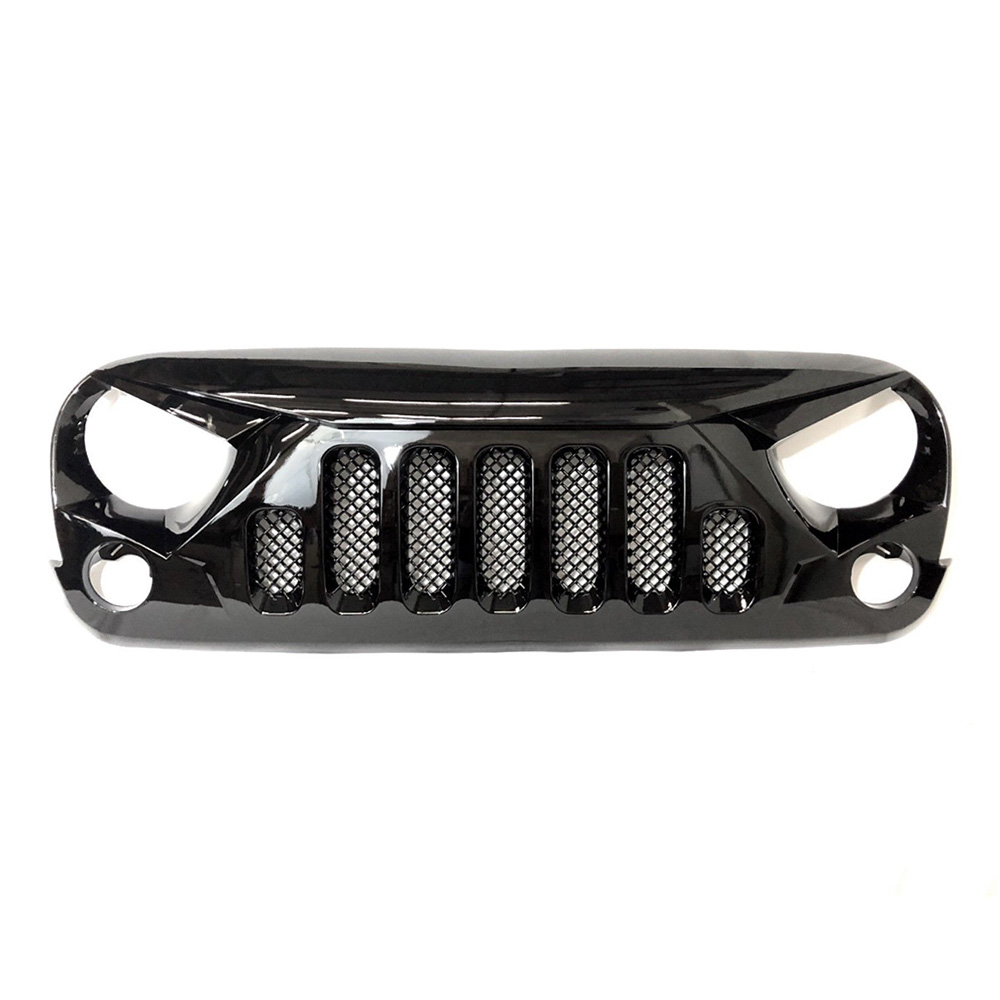
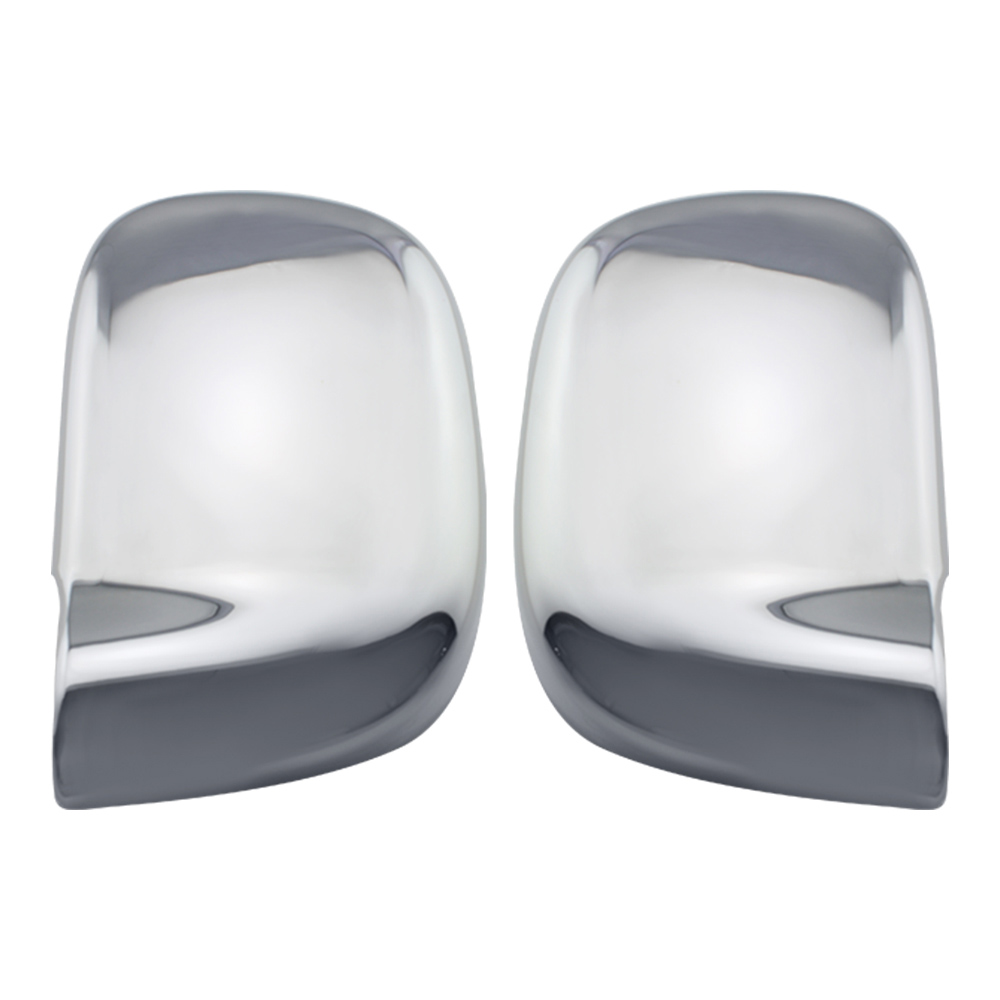
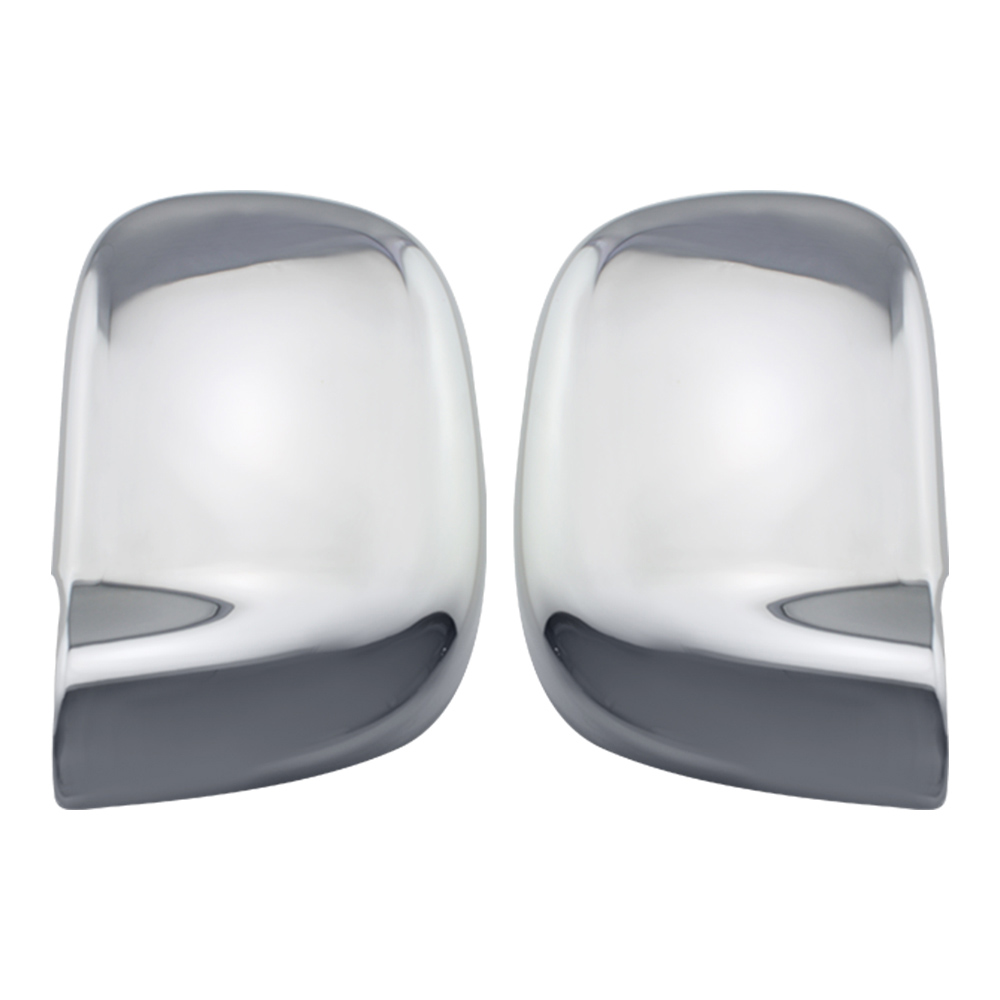 View More >>
View More >>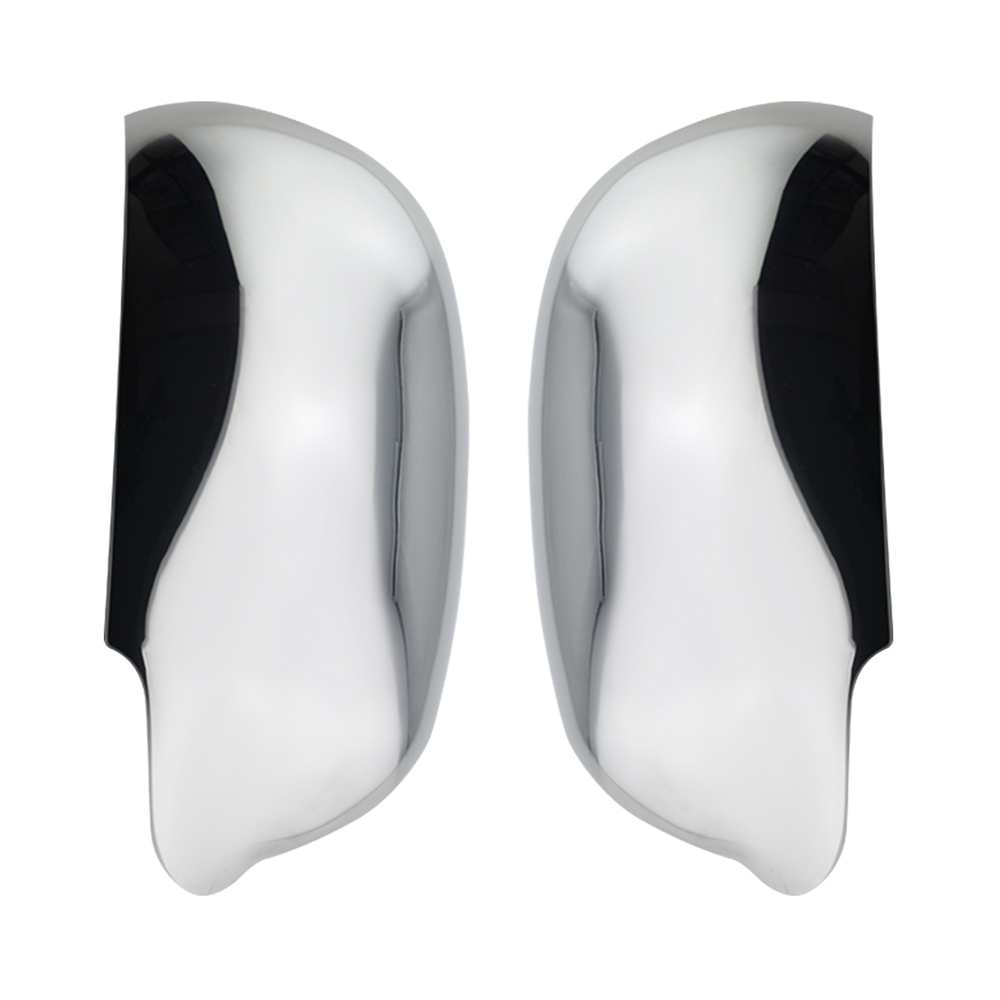 View More >>
View More >>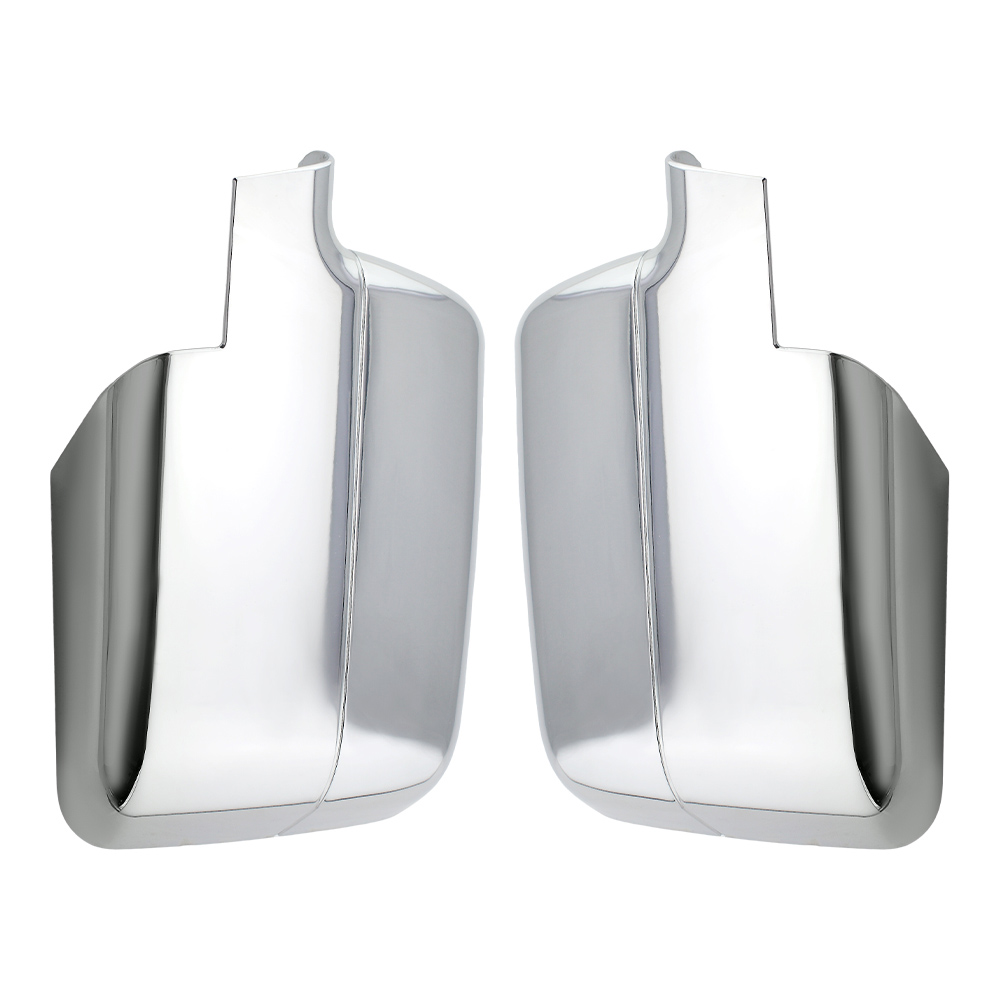 View More >>
View More >>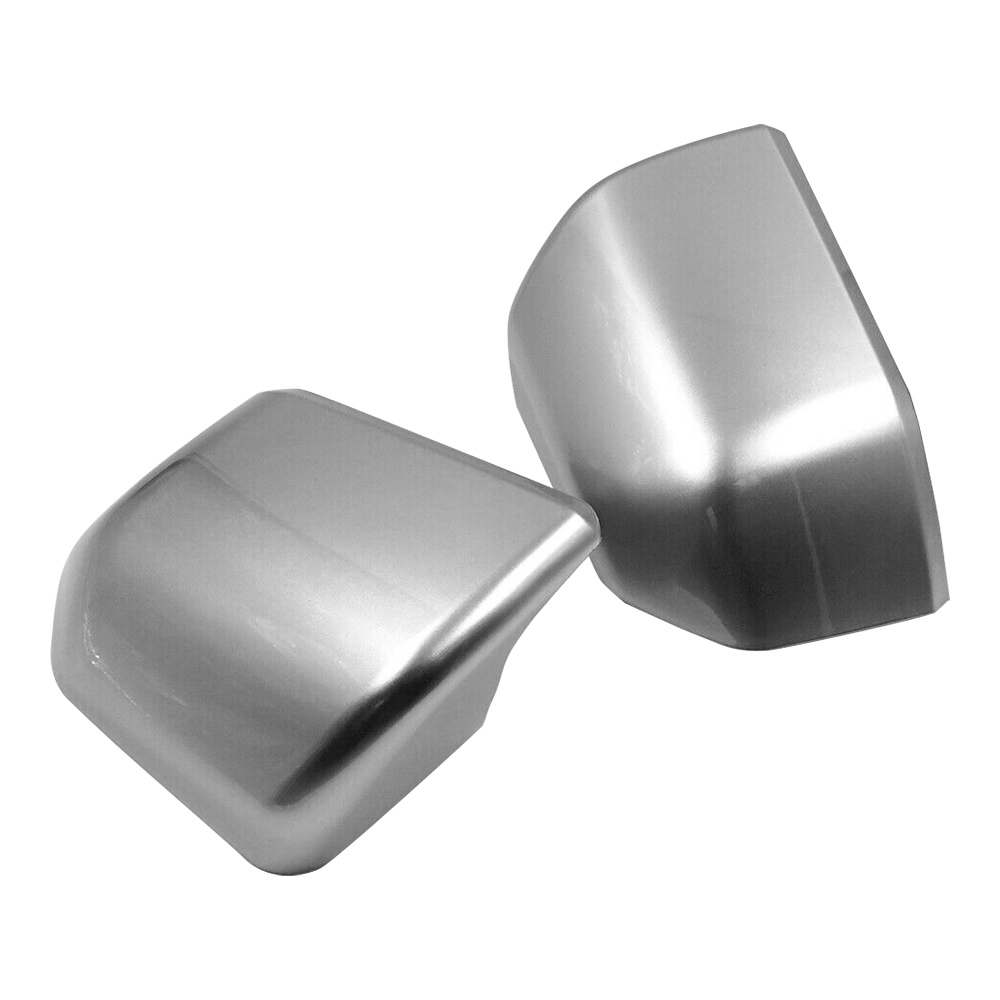 View More >>
View More >>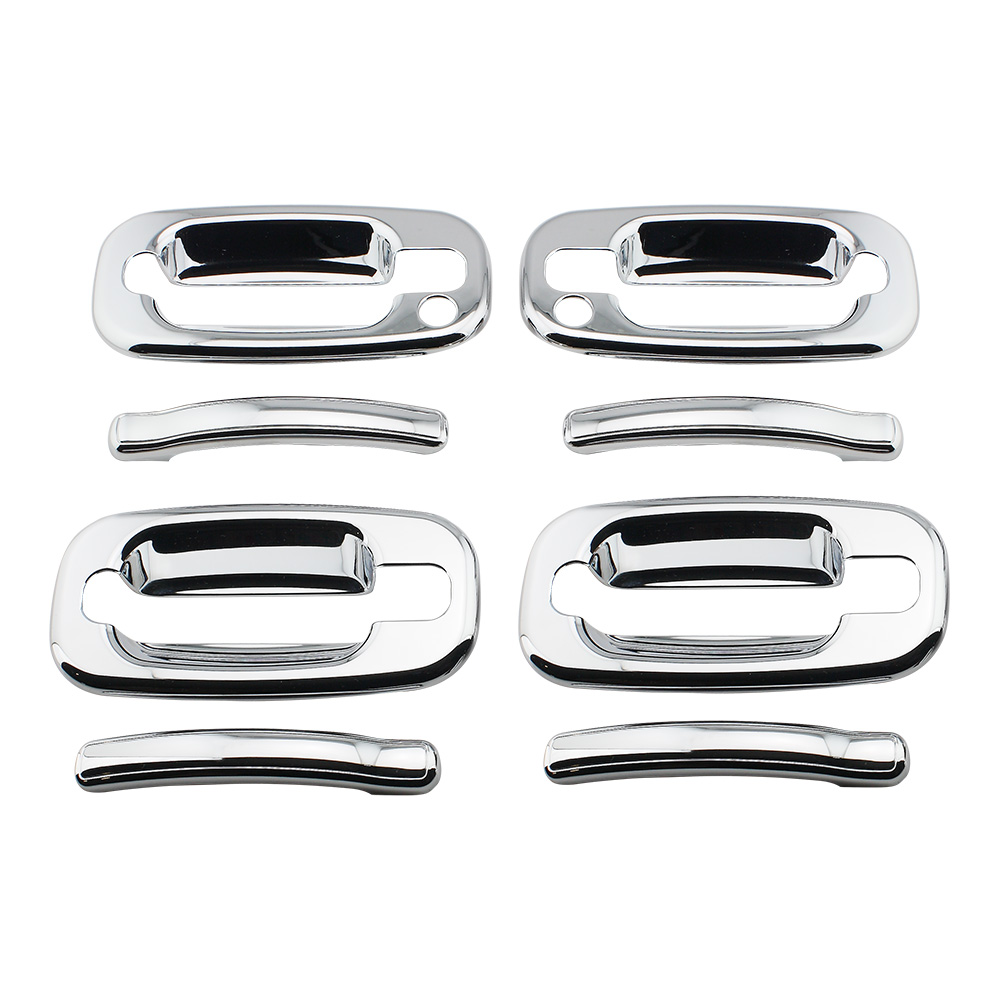 View More >>
View More >>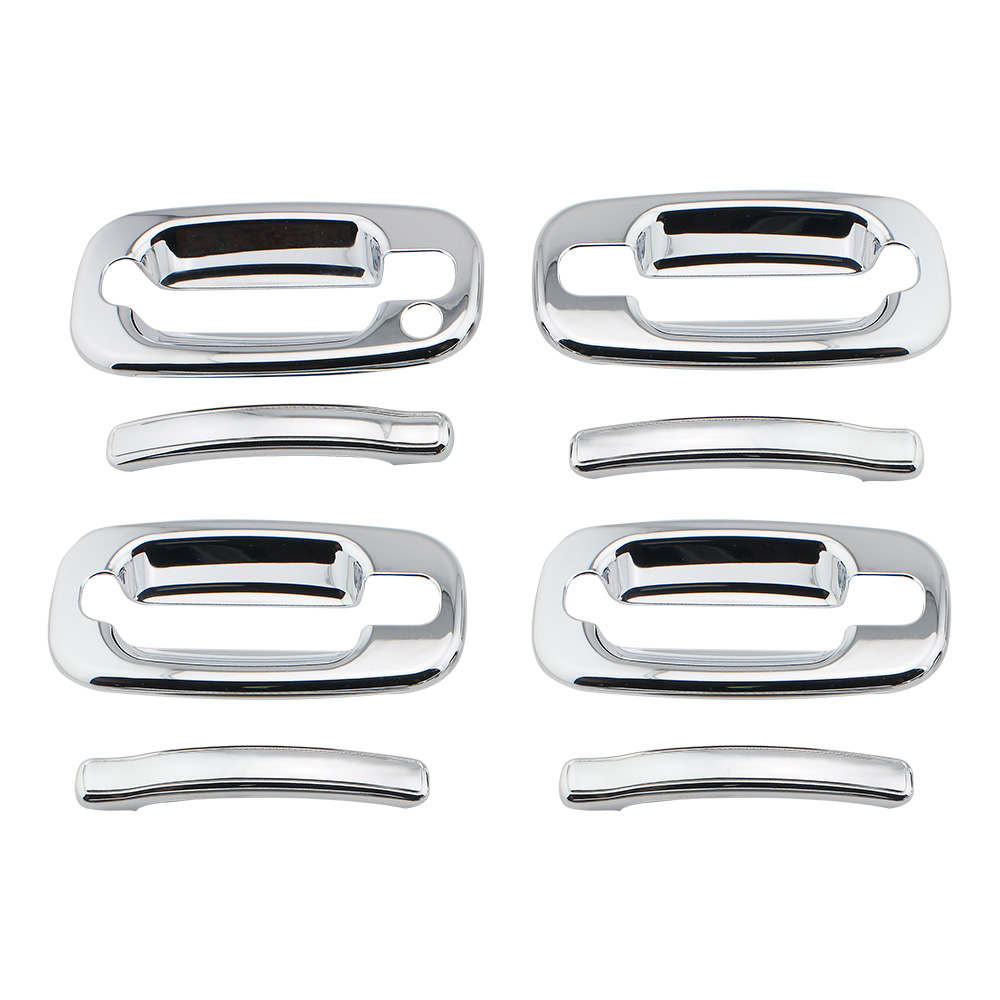 View More >>
View More >>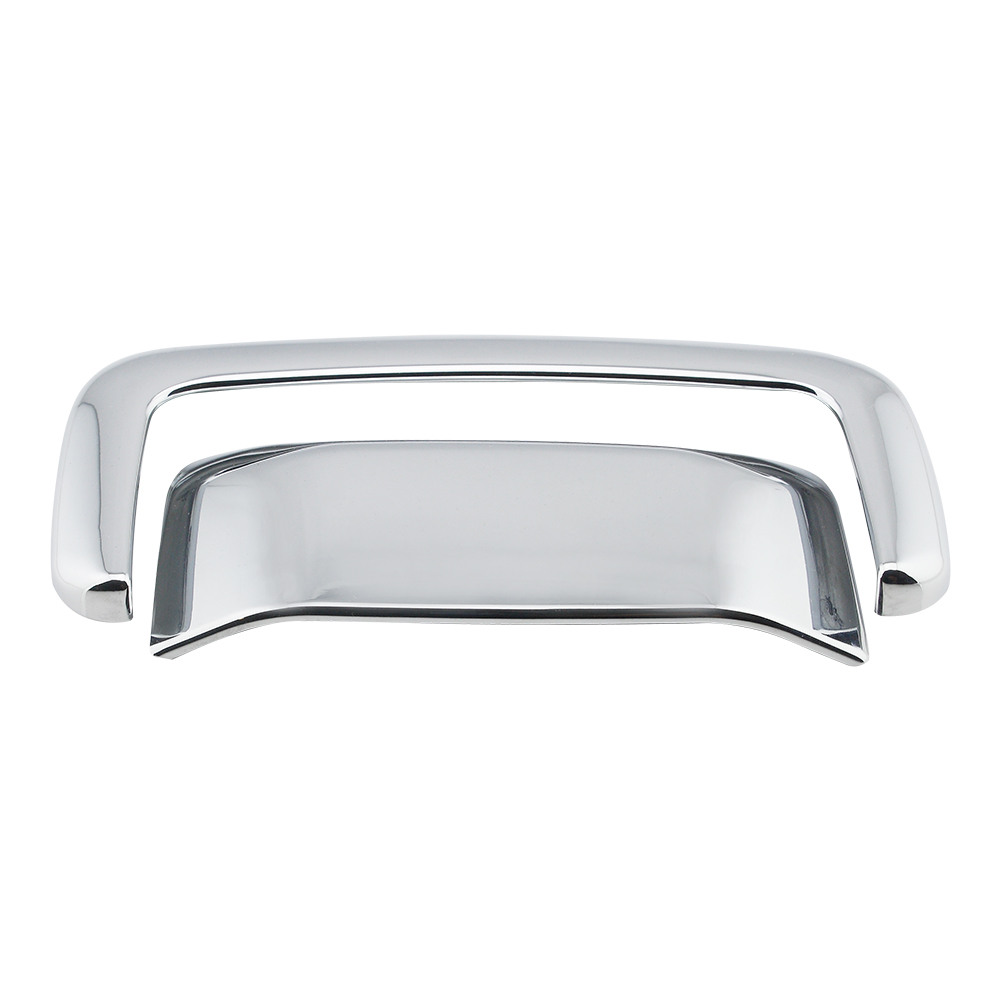 View More >>
View More >>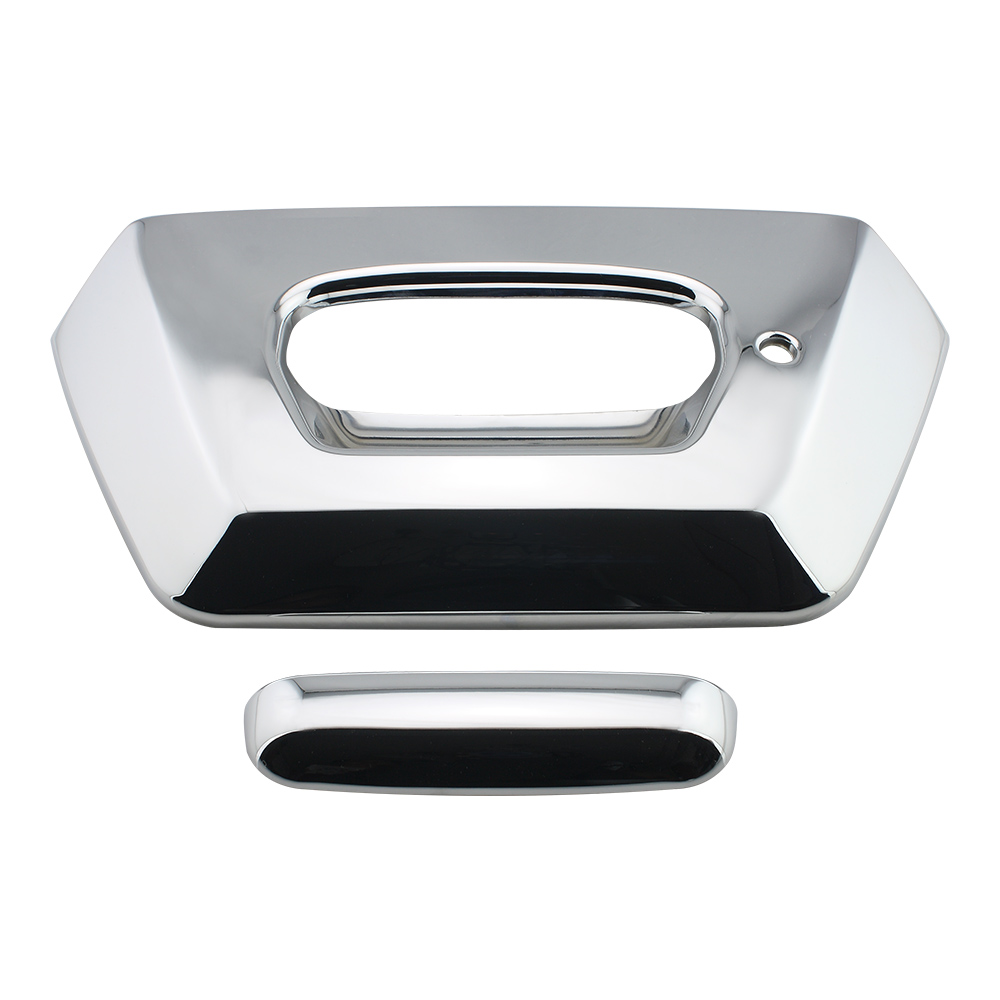 View More >>
View More >>(canaddletterfordraptor)-1.jpg) View More >>
View More >>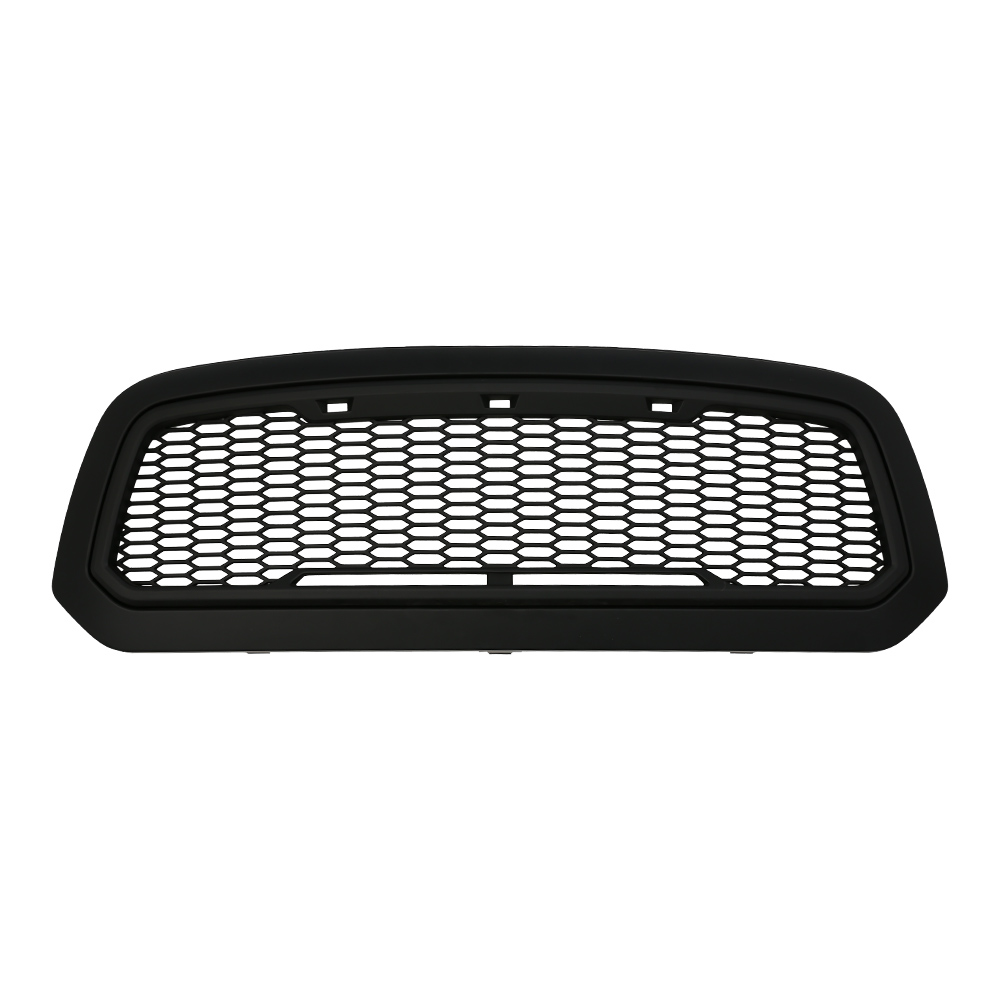 View More >>
View More >>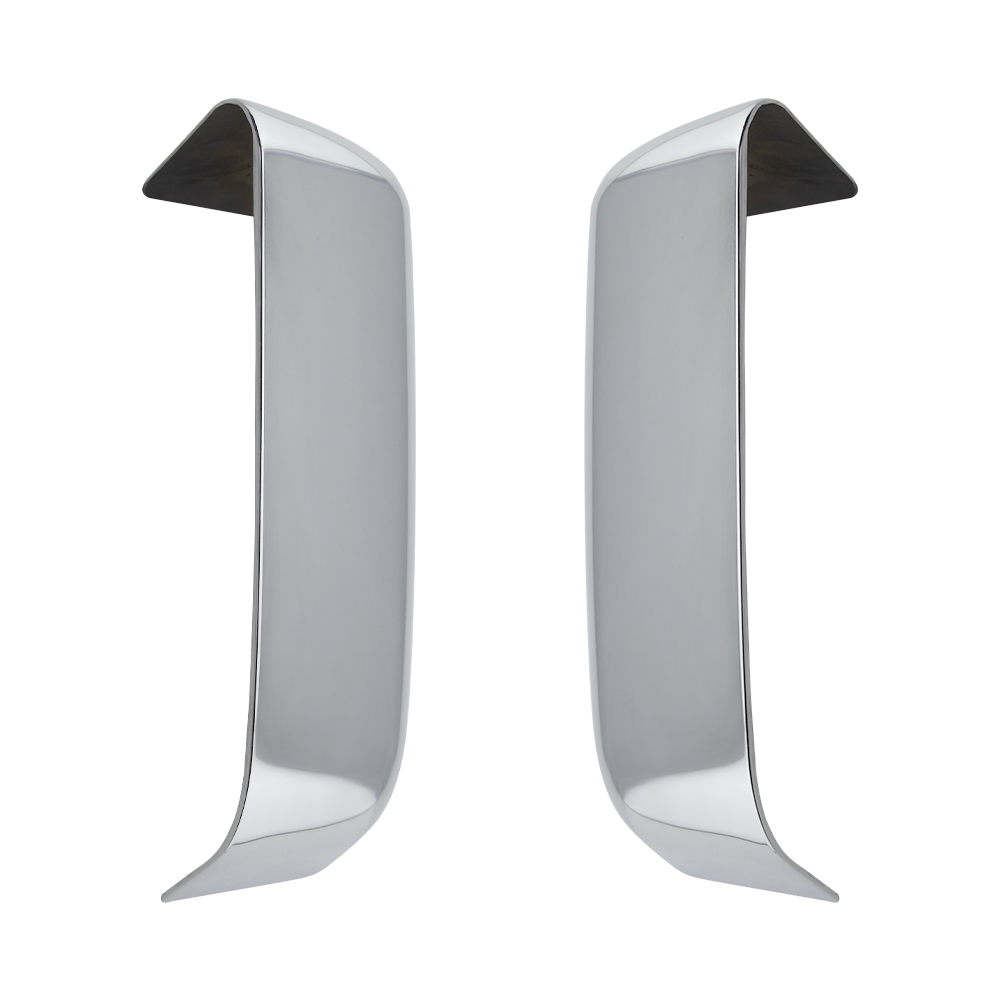 View More >>
View More >>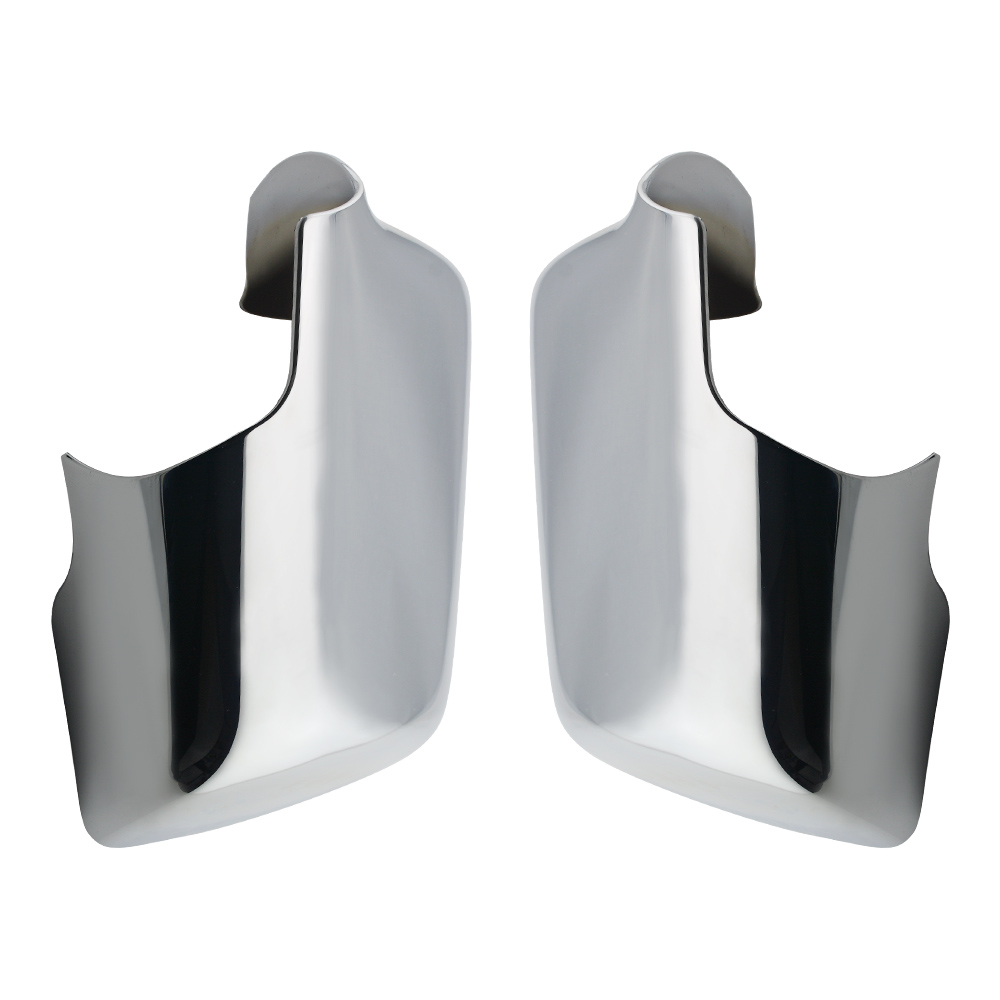 View More >>
View More >>
